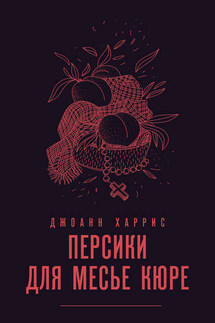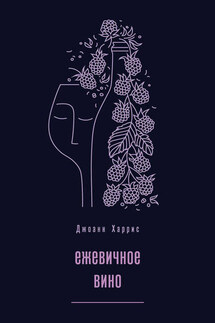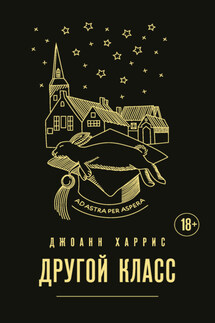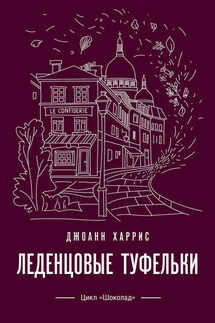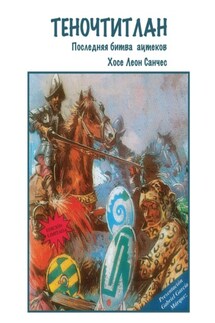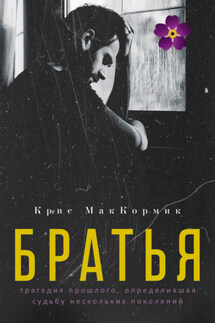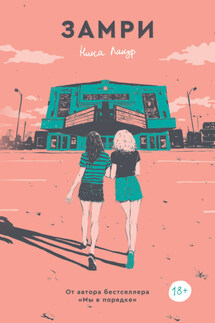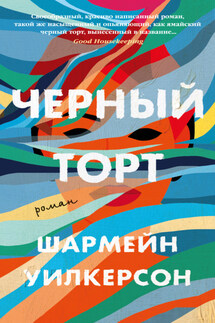Five Quarters of the Orange / Пять четвертинок апельсина - страница 41
Suddenly, with a jolt, I recognized him. It was the soldier from the market, the one who had seen me take the orange. For a minute I could do nothing but stare at him, transfixed.
The German gestured again. The glow from the cinema screen lit his face, throwing dramatic shadows from his eyes and cheekbones.
I cast a nervous glance at Cassis, but my brother was too deep in conversation with Hauer to notice me. The German was still watching expectantly, a little smile on his lips, standing some distance away from where the others were seated. He held his cigarette with the tip cupped into his palm, and I could see the dark smudge of his bones beneath the glowing flesh. He was in uniform, but his jacket was undone and his head was bare. For some obscure reason, that reassured me.
“Come here,” said the German softly.
I could not speak. My mouth felt as if it were full of straw. I would have run, but was not sure my legs would carry me. Instead, I put up my chin and moved toward him.
The German grinned and dragged another breath from his cigarette.
“You’re the little orange girl, aren’t you?” he said as I came closer.
I did not reply.
The German seemed unconcerned by my silence.
“You’re quick. As quick as I was when I was a boy.” He reached into his pocket and brought out something wrapped in silver paper. “Here. You’ll like it. It’s chocolate.”
I eyed him with suspicion.
“I don’t want it,” I said.
The German grinned again.
“You like oranges better, do you?” he asked.
I said nothing.
“I remember an orchard by a river,” the German said softly. “Near the village where I grew up. It had the biggest, blackest plums you ever saw. High wall all around. Farm dogs prowling. All through summer, I tried to get at those plums! I tried everything. I could hardly think of anything else.”
His voice was pleasant and lightly accented, his eyes bright behind a scrawl of cigarette smoke. I observed him warily, not daring to move, unsure whether or not he was making fun of me.
“Besides, what’s stolen tastes so much better than what you get for free, don’t you think?”
Now I was sure he was mocking me, and my eyes widened indignantly.
The German seemed to see my expression, and laughed, still holding out the chocolate.
“Go on, Backfisch, take it. Imagine you’re stealing it from the Boches.”
The square was half melted, and I ate it straightaway. It was real chocolate too – not the whitish, gritty stuff we occasionally bought in Angers. The German watched me eat, amused, as I eyed him with undiminished suspicion, but with growing curiosity.
“Did you get them in the end?” I asked at last, in a voice thick with chocolate. “The plums, I mean?”
The German nodded.
“I did, Backfisch. I still remember the taste.”
“And you weren’t caught?”
“That too.” The grin became rueful. “I ate so many that I made myself sick, and so I was found out. I got such a hiding! But I got what I wanted in the end. That’s what matters, isn’t it?”
“That’s good,” I agreed. “I like to win.” I paused. “Is that why you didn’t tell anyone about the orange?”
The German shrugged.
“Why should I tell anyone? It was none of my business. Besides, the grocer had plenty more. He could spare one.”
I nodded. “He’s got a van,” I said, licking the square of silver paper so that none of the chocolate would be lost. The German seemed to agree.
“Some people want to keep everything they’ve got to themselves,” he said. “That isn’t fair, is it?”
